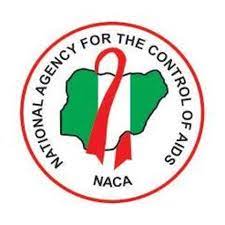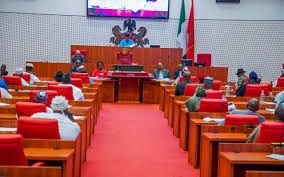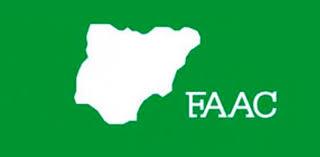
The National Agency for the Control of AIDS has appealed to stakeholders in the HIV/AIDs national response to work toward ensuring the success of the sustainability agenda meant to meet the 2030 elimination target of the disease.
The agency additionally encouraged stakeholders to begin the sustainability process so that, in the event that foreign financing ceases coming, Nigeria will be able to ensure that ownership and control of the country’s HIV and AIDS response.
The Director-General of NACA, Dr Gambo Gumel, made the call after a meeting with development partners and stakeholders in Abuja.
He says, “We need to identify sustainable structures that support health services across the federal and state institutions for services integration as key to sustaining HIV response in the country.”
Gumel clarified that the purpose of the gathering is to begin the crucial conversations about how the HIV program can be maintained and incorporated into standard medical care after the illness becomes endemic rather than an epidemic.
He urged all parties involved to quicken the pace so that Nigeria may reach its deadlines for eradicating AIDS as a public health issue.
At the June 8–10, 2016, United Nations Headquarters in New York, the United Nations General Assembly convened a High-Level Meeting on Ending AIDS, during which United Nations Member States pledged to adopt an ambitious agenda to end the AIDS pandemic by 2030, according to the News Agency of Nigeria.
The main targets for combatting HIV/AIDS in the next 15 years include – by 2020 to reduce by 30% new cases of chronic viral hepatitis B and C infections and reach three million people with hepatitis C virus treatment;
Others are by 2020, 70% of countries have at least 95% of pregnant women screened for syphilis; 95% of pregnant women screened for HIV; and 90% of pregnant women living with HIV receiving effective treatment; By 2020, screen every woman living with HIV for cervical cancer;





